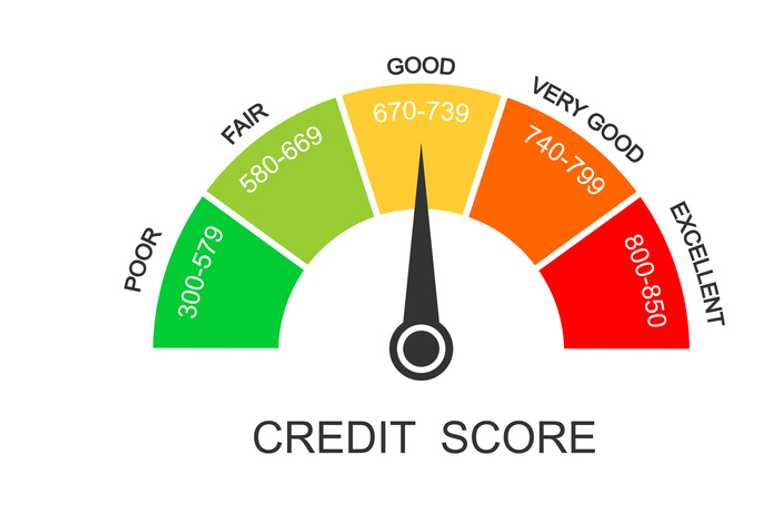In an era where financial landscapes are constantly evolving, the importance of financial education cannot be overstated. Whether you’re a recent graduate entering the workforce, a mid-career professional, or someone planning for retirement, understanding the fundamentals of finance is essential for making informed decisions and securing a stable future.
Section 1: The Foundation of Financial Literacy
1.1 Budgeting Basics
Start by creating a budget that outlines your income, expenses, and savings goals. This simple yet powerful tool helps you track where your money is going and ensures that you live within your means.
1.2 Understanding Credit
Learn the ins and outs of credit scores, reports, and how they impact your financial life. Building and maintaining good credit opens doors to favorable interest rates on loans and credit cards.
Section 2: Investing for the Future
2.1 The Power of Compound Interest
Explore the concept of compound interest and how it can work for or against you. Time is a crucial factor in growing your wealth, so start investing early to maximize its benefits.
2.2 Diversification and Risk Management
Understand the importance of diversifying your investments to mitigate risk. Learn about different asset classes, such as stocks, bonds, and real estate, to build a well-balanced portfolio.
Section 3: Navigating Debt Wisely
3.1 Types of Debt
Distinguish between good and bad debt. While some forms of debt, like mortgages, can be beneficial, high-interest credit card debt can be detrimental to your financial health.
3.2 Debt Repayment Strategies
Explore various strategies for repaying debt, such as the snowball and avalanche methods. Find the approach that aligns with your financial goals and helps you become debt-free.
Section 4: Planning for Retirement
4.1 Importance of Retirement Planning
Discover the significance of planning for your retirement early in your career. Learn about employer-sponsored retirement plans, individual retirement accounts (IRAs), and other investment vehicles.
4.2 Social Security and Pension Plans
Understand how Social Security works and whether it will be a significant part of your retirement income. If applicable, explore pension plans and their role in your financial security.
Conclusion:
Financial education is a lifelong journey that empowers individuals to take control of their financial destinies. By acquiring knowledge about budgeting, investing, debt management, and retirement planning, you can build a solid foundation for a prosperous future. Remember, the key to financial success lies in making informed decisions and adapting to the ever-changing economic landscape. Start your financial education journey today, and pave the way for a financially secure tomorrow.





